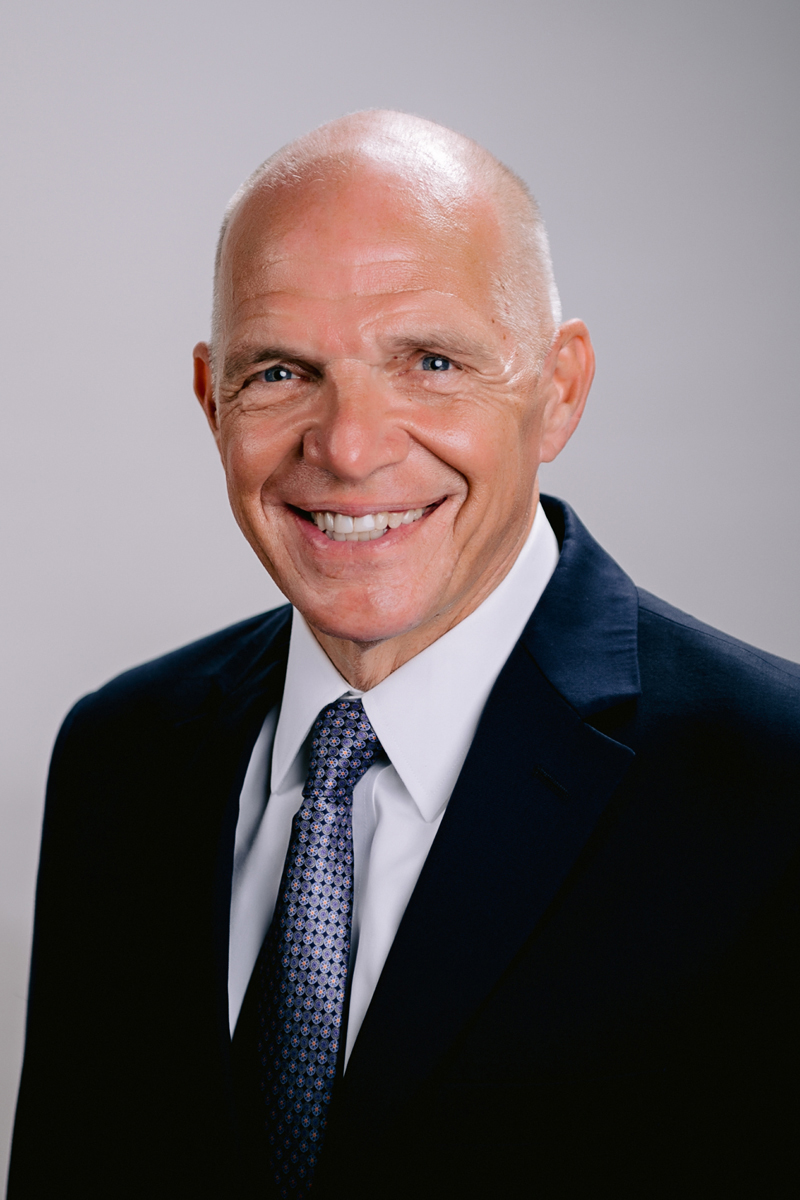
Greater New Jersey Area Bishop John R. Schol
Photo by Shari deAngelo, the Greater New Jersey Conference.
Recently I have been in communication with two friends who have different responsibilities for processing and governing the recent presidential election. Due to the work and decisions they made, which were guided by the law, they now require personal security because of threats against them.
The 2020 election was one of the most divisive campaigns I have experienced. As someone who grew up in Philadelphia, I have experienced some pretty divisive elections, but they pale in comparison to this one.
Commentaries
Over the last several years we have experienced divisive rhetoric and even bullying during political campaigns. When leaders act this way, it gives approval for people taking it upon themselves to change things they do not like through fear tactics, harassment, threats and physical harm.
I take these things very seriously. I serve in New Jersey, and in the last year an individual came to a federal judge’s home seeking to kill her because of a ruling she made. When the killer did not find the judge, he killed the judge’s son and shot and wounded her husband.
I recently heard a United Methodist share that they voted for a candidate not because they agreed with the candidate’s character, but because the candidate shared their values on particular issues. I have always found that values inform and shape our character — not the other way around. I have experienced that when we choose leaders with serious character issues, it not only affects their leadership, but it affects the organization or nation they lead.
The election became as divisive as it did not because of differences in values but the character of some of those campaigning, as well as the willingness of supporters to set their own character aside in how they treated people with opposite views.
I am calling all United Methodists to engage in public discourse that models the life of Jesus and to intervene when you hear or witness hate speech, bullying and people inciting others because of different political beliefs, faith understandings, race and ethnicity, sexual orientation or gender. I am calling on United Methodists not to support but to hold accountable leaders whose character seeks to divide rather than honoring and respecting people with different values.
I am fortunate to serve the United Methodists of Greater New Jersey who, while not always agreeing, have come to respect and genuinely love one another in the midst of their political, theological, ethnic and racial diversity. This is the witness the world needs to see and experience.
Schol is resident bishop of the Greater New Jersey Conference.
News media contact: Tim Tanton at (615) 742-5470 or [email protected]. To read more United Methodist news, subscribe to the free Daily or Weekly Digests.
Like what you're reading? Support the ministry of UM News! Your support ensures the latest denominational news, dynamic stories and informative articles will continue to connect our global community. Make a tax-deductible donation at ResourceUMC.org/GiveUMCom.



